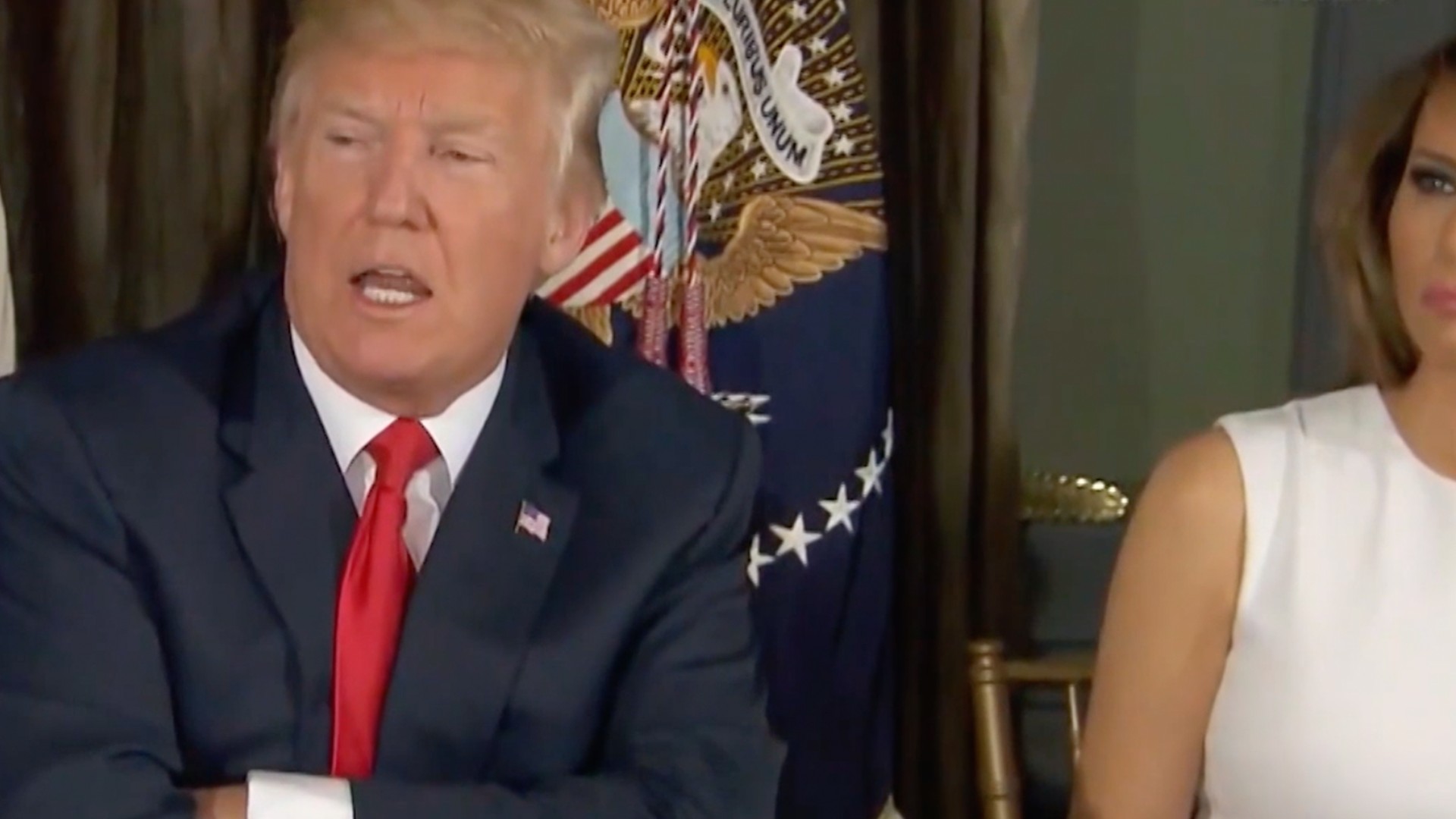Getty Images
Donald Trump has instructed the Pentagon to draw up plans to reduce the number of U.S. troops stationed in South Korea, according to a bombshell report published Friday in the New York Times.The move, if accurate, would hand North Korean leader Kim Jong Un the upper hand ahead of the summit between the two leaders in the coming weeks, but would do little in the longterm to alter the power dynamics in the region, experts have said.Citing several sources briefed on the discussions, the report says the president told the Department of Defense to “prepare options for drawing down American troops in South Korea.”Reacting to the report Friday, National Security Adviser John Bolton completely dismissed the claim: “The New York Times story is utter nonsense,” he told Reuters. “The President has not asked the Pentagon to provide options for reducing American forces stationed in South Korea.”The U.S. currently has 28,500 troops stationed on the Peninsula, but a peace treaty between North and South Korea could lessen the need for such a sizeable military presence.Kim and South Korea President Moon Jae In announced last week the two countries want to sign a peace treaty this year to officially end the Korean War, which was paused in 1953 with an armistice.READ: Trump on release of 3 American prisoners in North Korea: “Stay tuned!”But the sources speaking to the Times said troop withdrawal would not be used as a “bargaining chip” during the upcoming Trump-Kim summit, and that it was part of ongoing discussions with Seoul over who should bear the cost of protecting the region.A spokesperson for Moon said Friday that the White House had dismissed the report as false.Moon Chung In, a special adviser for foreign policy and national security to the South Korean president, recently fueled speculation about America’s future military presence, saying it will be “difficult to justify” the continued deployment of U.S. troops in South Korea if a peace treaty is signed. Cover image: South Korean and U.S. soldiers stand guard at the border village of Panmunjom between South and North Korea at the Demilitarized Zone (DMZ) on April 18, 2018 in Panmunjom, South Korea. (Chung Sung-Jun/Getty Images)
Cover image: South Korean and U.S. soldiers stand guard at the border village of Panmunjom between South and North Korea at the Demilitarized Zone (DMZ) on April 18, 2018 in Panmunjom, South Korea. (Chung Sung-Jun/Getty Images)
Advertisement
Advertisement
However some experts worry that Washington is already ceding too much ground to Pyongyang ahead of the summit.“What is most concerning about this latest development is that we’ve raised the prospects of a Nobel peace prize and a disarming of South Korea’s defense without actually signing anything away for the North,” John Hemmings, Asia Director at the Henry Jackson Society, a British foreign policy think tank, told VICE News.Kim has indicated that he is willing to cease nuclear tests and close the Punggye Ri nuclear test site, but experts have pointed out that these steps mean little given that the dictator has already succeeded in his goal of building a nuclear arsenal.While U.S. troops along the border may offer a visible deterrent to North Korea, the real threat to Pyongyang comes from further afield.A troop withdrawal “will not significantly affect military balance of power in the region,” Baohui Zhang, director of the Centre for Asian Pacific Studies at Lingnan University in Hong Kong, told VICE News.“U.S. military deterrence against both North Korea and China is based on long-range precision strikes by cruise missiles and stealth bombers. So a reduction of ground forces in South Korea may not make too much a difference.”And it is China rather than North Korea that Washington may view as the real threat in the region.“The U.S. has a vested interest in maintaining its military alliance with South Korea that has little to do with North Korea,” Hemmings said, adding that China’s rise and its intention to create a new trading system “on its periphery in East Asia will be bad for the global system and bad for Asian democracies.”
